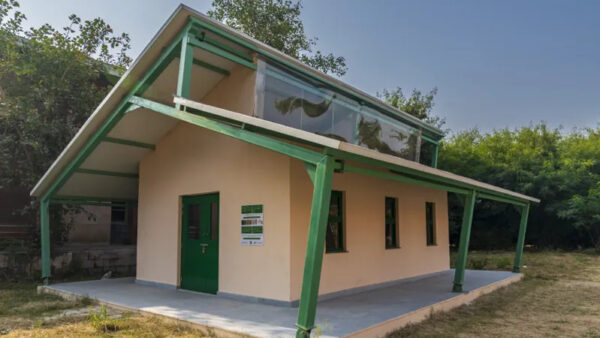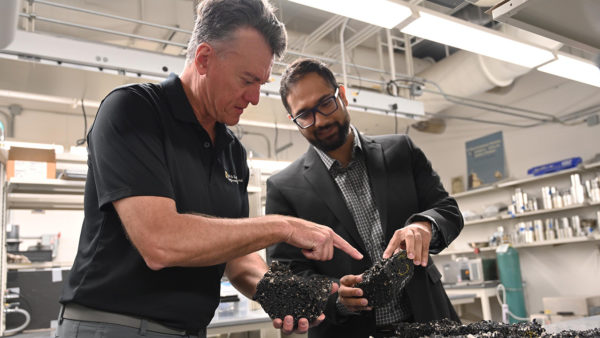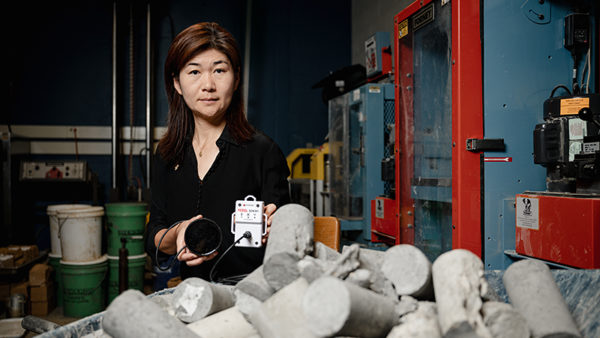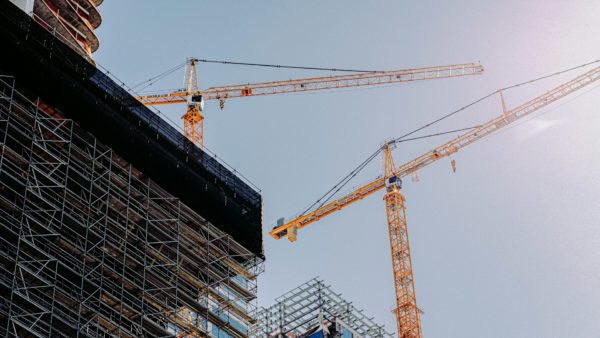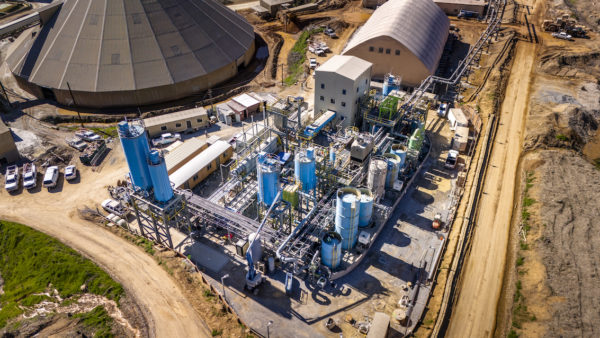Automation will displace 2.7 million US construction workers, nearly half the total workforce, by 2057, a report has suggested.
Company owners may welcome labour cost savings and the promise of higher productivity, but the authors urge the industry to think of the wider social costs, including the depressing effect on the economy as sections of the population are pushed out of well-paid jobs.
They warn that the impact would be heightened as automation advances in the sectors that used to offer a fallback, such as driving and catering.
Negative social effects of automation would be “like the Black Mirror of construction”, the report’s lead author, economist Frank Manzo IV, said in an interview with Construction Research & Innovation.
He proposed a new public-private strategy for training, and even a rethink of capitalism itself.
To arrive at the job-loss estimate, the researchers used Implan analysis software, which mines US Census Bureau data to capture and predict transactions in the economy.
This led them to suggest that the “jobs gap due to automation” would be 2.677 million by 2057, including relatively well-paid construction-trades jobs. Among the displaced would be 435,000 carpenters, 411,000 laborers, and 404,000 machinery operators, and 328,000 electricians.
In addition, the knock-on effect on other industries would mean another 498,000 lost jobs.
The decline in construction job opportunities would see a $127.5bn drop in construction labour income, and a reduction in overall consumer demand of $31.5bn a year.
Manzo said company owners will welcome the advantages of automation, but he urged them to cooperate with governments to boost training to equip people to work alongside machines.
More radically, the report calls on governments to tax companies that enjoy an uplift from robotics-driven productivity, and to spend that money on vocational education or even on a basic stipend for workers edged out of jobs by robots.
“Workers cannot keep moving on to the next industry,” said Manzo. “To some extent technology will create new jobs, but it’s doubtful if it will entirely offset the losses. That’s the point at which we need to rethink the model of capitalism. And that moment is now because that is what is already happening.”
The paper, The Potential Economic Consequences of a Highly Automated Construction Industry, was published in 2018 by the Midwest Economic Policy Institute.
Image: The “Robo-Welder”, developed to weld steel columns by Japanese contractor, Shimizu Corporation
Further reading:





